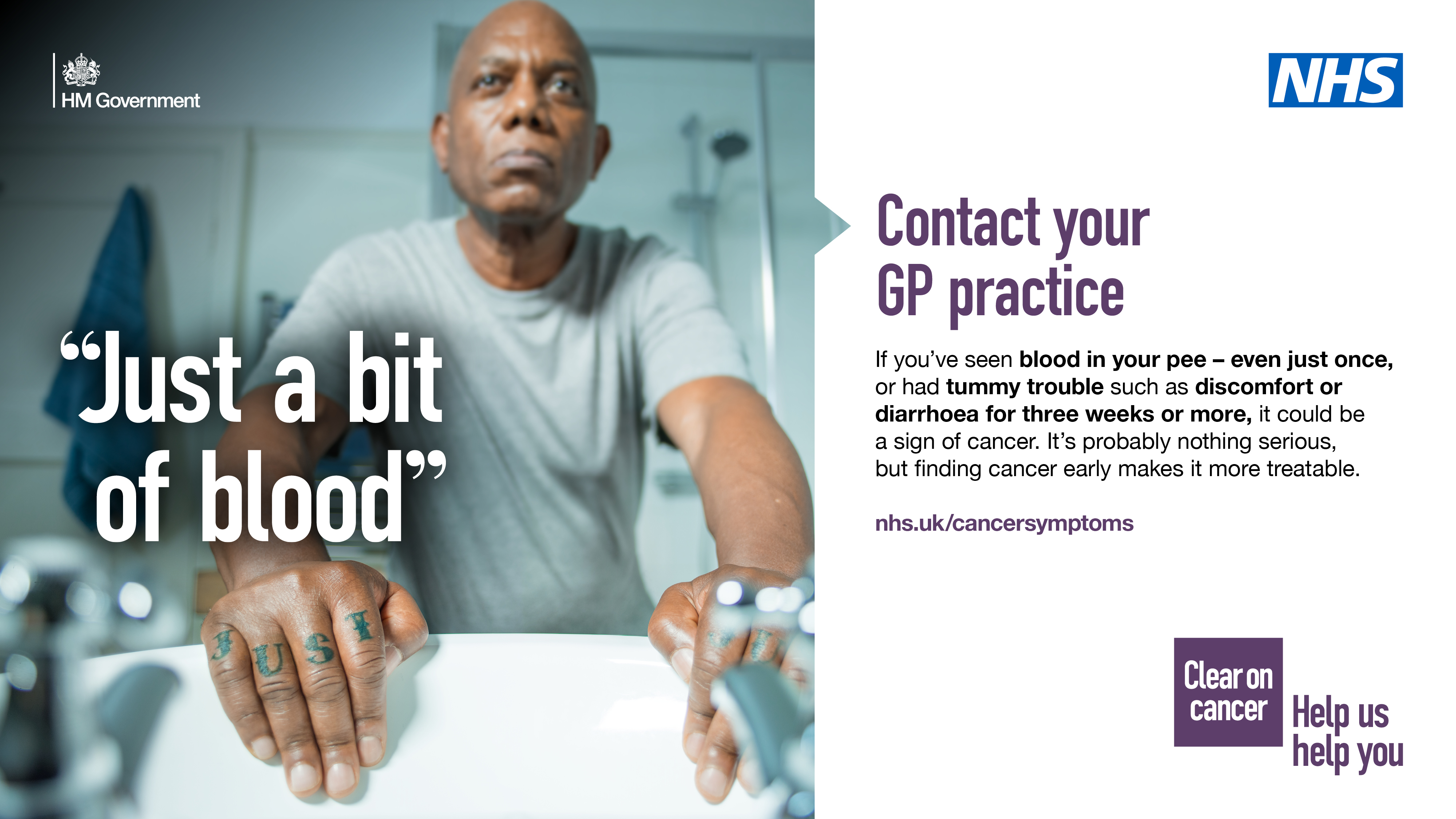Urological problems are common and not usually cancerous, but some symptoms can be similar to urological cancers. UTIs are the most common issue, but it's important to be aware of potential red flags for cancer. These include blood in urine, frequent urination at night, unexplained weight loss, and pelvic pain. Seeking medical advice is crucial for accurate diagnosis and timely treatment. Staying informed and proactive can help identify urological cancers early for better outcomes.
What is urological cancer?
Urological cancers are all the cancers that can affect the organs in the urinary system. These include:
- Kidney cancer
- Upper urinary tract urothelial cancer (UTUC)
- Bladder cancer
- Prostate cancer
- Testicular cancer
- Penile cancer
What causes urological cancers?
The exact cause behind why one individual develops urological cancer while another does not remains largely unknown. However, certain factors, known as risk factors, have been identified to contribute to the likelihood of developing cancer. Some common risk factors for cancer include advancing age, smoking, and a family history of cancer. Additionally, there are specific risk factors that increase the chances of developing urological cancers.
Symptoms to look out for
Most urological problems, such as urinary tract infections (UTIs), are not cancer. But sometimes the symptoms can be similar to the symptoms of urological cancers. If you notice any symptoms, it is important to get checked by your GP. These can include:
- Blood in the urine (pee)
- Pain in the lower tummy or in one side of the lower back
- Needing to pee more often than usual, especially at night.
- Difficulty peeing, for example pain or discomfort, a weak flow or having to strain to pass urine.
- Urgent need to pee.
- Feeling like your bladder is not empty after peeing.
- A lump in the testicle, groin or on the penis
- A growth or sore (ulcer) or changes in skin on the penis, or discharge or bleeding from the penis
Urological cancers can be easier to treat if they are diagnosed at an early stage.
Discussing symptoms that may be embarrassing can be a challenging experience for anyone. However, it is important to remember that your general practitioner (GP) and other healthcare professionals are well-acquainted with such conversations and are there to assist you. They understand that using unfamiliar medical terms might not be easy for everyone, and they genuinely want to provide you with the best possible help and advice. Therefore, they encourage you to express yourself using words you are comfortable with. This way, they can better comprehend your situation and offer appropriate guidance tailored to your needs.

Useful websites:
For more information on specific urological cancers, please check out the areas of our website and others below.